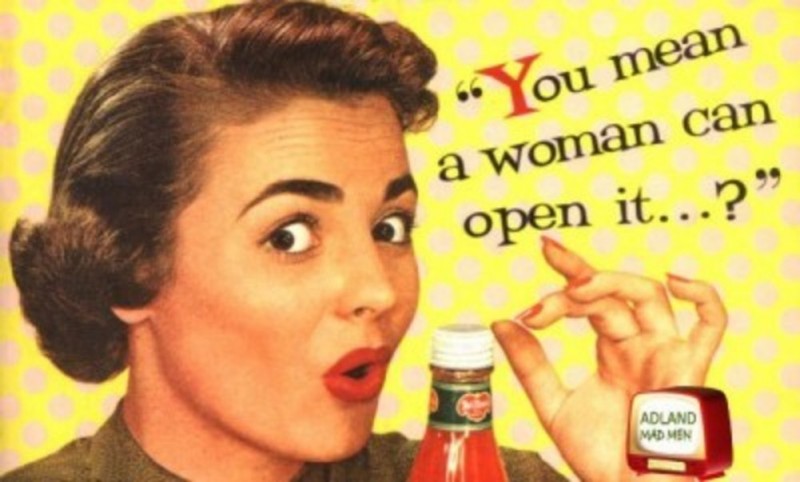Michelle O’Connor | Copy Editor
Unless you’ve had your head buried completely under sand for the past three months or so, you’ll be aware of what has been called “Panti Gate”. This was legal action taken on behalf of RTÉ to give members of the Iona Institute a very large sum of money as recompense for Panti calling them “homophobes”. The interview was subsequently removed from the RTÉ player online. Following the payment, Panti gave a noble call in the Abbey Theatre, which went viral. In it, she stated that in an “Orwellian twist, the homophobes have now become victims of homophobia”.
Following the payment, Senator Norris brought the Iona Institute’s status as an institution up in the Seanad and asked, “why are they an institute?” A question asked elsewhere has been, “where do they get their money?”
The Iona Institute’s funding has been the source of much stipulation and I can only guess that the money comes from abroad, from conservative Christian organisations. When organisations such as that have access to the media and their ideas are broadcast so readily, could it not be detrimental to fostering tolerance? The lack of religious education in France has been deemed the reason for religious intolerance in their society. The lack of education about sexuality is the reason for misunderstanding of gender and sexual identity.
Gender Studies is something that encompasses many different disciplines: history, politics, theory, theology. It has opened my eyes to the subconscious way that we become socialised into behavioural patterns through advertisements, etc. These prescribed normative behaviours are insidious in their nature because they project an ideology of what constitutes male and female activity.
There have been petitions online recently attempting to de-stereotype gender bias in toys. Lego, for example is a universal toy, except that you can get girls’ Lego and boys’ Lego. In 2007, The Equality Authority of Ireland published An Introduction to Gender Equality Issues in the Marketing and Design of Goods for Children. You may look at the date of the research and think, “That’s so long ago”, and it is, but they have not been in a position to publish any new research since because their funding has been pulled.
The research analysed how children were portrayed in the advertisements for toys. The report found that girls’ toys commonly showed them at home in a domestic setting, while boys’ toys had them outside, playing in a more action-packed environment. Recently, Paul O’Connell was in an ad for Pinergy which showed him helping out with the washing. This has been viewed as a step away from the gendered norms more commonly shown in advertisements, but should it be? While this is a step in a right direction, should it be done in a way which makes it almost farcical? In the other ad for Pinergy, he is “hiding” from the couple he is lighting the candle for.
These messages are the most commonly seen and proliferated in society as we see it. Young people spend the most amount of time watching television than any other demographic. If the images broadcast to them are of gender binaries which show women at home, and men “ironically” doing the washing, anyone who doesn’t fit neatly within that binary is ignored. And invisibility is not how to raise awareness.
If religious intolerance is due to a lack of education and awareness, then sex education should incorporate information about transgender people and people who are not heteronormative. The SU recently withdrew the sale of Coca-Cola products as part of a protest against Russia’s discrimination of LGBTQ* people. Last week was International Women’s Week; Trinity is, as it always has been, very supportive of equal human rights. Yet, there is very little offered at undergraduate level relating to gendered discourse. There is a token lecture or seminar on gender, and that would be it; a glossed-over account of the fight for equal rights. Yet, humans are not to be glossed over, and unless there is a change in the way the media portrays gender roles, society is going to impose gender norms on us all. To the dismay of anyone who dare step beyond the boundary of “masculine” or “feminine” behaviour.






